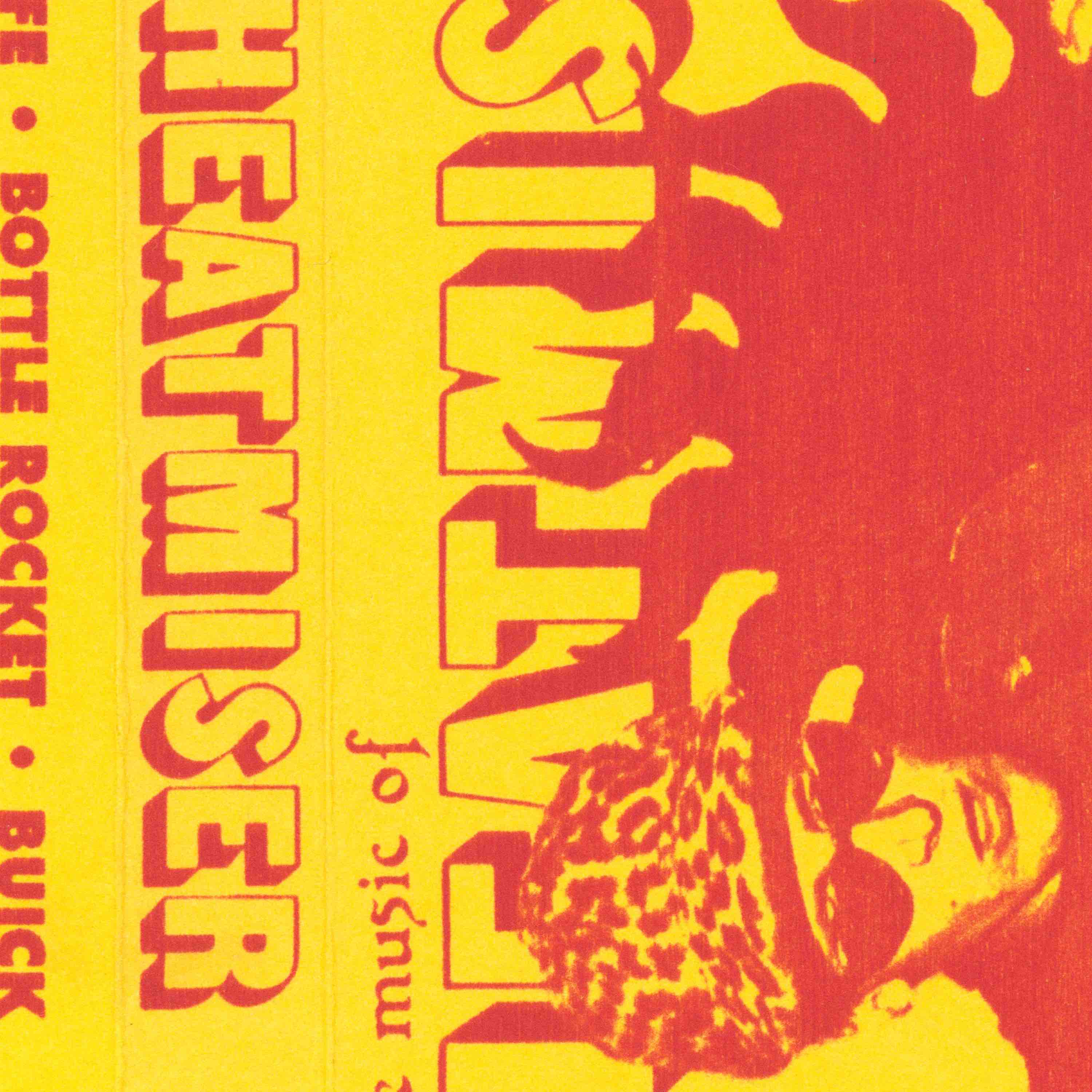Heatmiser
The Music of Heatmiser
THIRD MAN
Before he made his name as a solo artist—and before his life ended way before it should have—Elliott Smith cut his teeth in Portland outfit Heatmiser, sharing frontman and writing duties with Neil Gust. The band released three albums in the five years they were active—1993’s Dead Air, 1994’s Cop and Speeder, and 1996’s Mic City Sons. To add to that tight discography, Jack White’s Third Man Records has released The Music of Heatmiser, a collection of rarities recently unearthed by the band’s co-founding member Tony Lash which includes among its 29 songs the band’s earliest demo cassette recorded in 1992.
While the band (or at least Smith’s songs) would eventually veer toward the style and sound most people associate with the late singer, what’s truly remarkable here is just how different these ones are from the songs heard on indie-folk classics like Either/Or. Both Smith’s and Gust’s compositions are unbridled slices of rock that boast a raw and loose energy that owes a lot to punk and grunge—listen, for instance, to how Gust’s “Candyland” or Smith’s “Lowlife” channel Hüsker Dü or even Fugazi. They’re boisterous, blustery songs full of the violence and recklessness of youth.
And while melancholy does seep in here and there, really the overriding feeling of these songs is one of simultaneous fun and defiance—especially for Gust, who, as a gay man, explored and embraced his sexuality in his lyrics. That’s something that feels just as important today as it would have been back then, a modern context which makes these songs all the more necessary and urgent.
In addition to that first demo tape, there’s a plethora of unreleased and rare material here, ranging from demos for the band’s first full-length to previously forgotten tracks (all of which have been newly mixed by Lash), as well as live radio session recordings. It all coalesces to produce a wonderful snapshot of the band’s early years, while also offering a glimpse at a very different side of Elliott Smith. As such, The Music of Heatmiser is a powerful historical document that should be relished and played very, very loudly.









